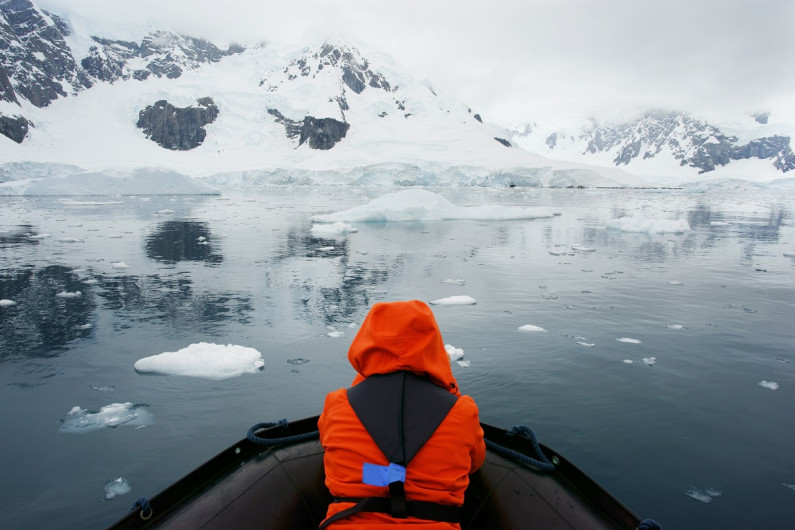5 jobs created by climate change

Find out about jobs that help us understand and deal with climate change.
What's on this page?
Climate change is creating jobs for skilled and qualified people who care about the environment.
These jobs require skills in communication, planning, policy, project management, research and science.
1. Climate change co-ordinator
Some local government councils employ people to co-ordinate and deliver their climate change plans. They set up systems to reduce the impact of climate change and respond to weather events.
“A dedicated climate change co-ordinator will help us work through our climate change needs,” says Charlotte Haeusler from Whakatāne District Council.
“Other councils around the country might be looking at their own situation, and doing something similar.”
Climate change co-ordinators usually need to understand climate change science and have:
- project management experience
- strong communication skills, especially in stakeholder management
- a qualification in planning or science, or planning work experience.
2. Climate modeller
Dr Jonny Williams uses computers and digital modelling to predict our future climate, both on land and in the ocean.
“We know temperatures are rising, but we’re less certain how much they will rise,” says Dr Williams, who works for the National Institute of Water and Atmospheric Research (NIWA). “If the temperature of the ocean around us changes, it may affect the sustainability of our fisheries, for example.”
Dr Williams studied physics in London and has a PhD in computational physics. He has experience in consultancy and paleoclimate research.
“Physical sciences are essential for this job as my models are based on physics and maths,” he says.
Climate modellers usually need a postgraduate qualification in science, majoring in physics or maths.
3. Paleoclimate scientist
Paleoclimate scientists study the climate from millions of years ago to understand how changes in climate then can affect us today.
“By studying the past, we can better predict the future,” says paleoclimate scientist Dr Georgia Grant.
“I’ve recently been working on how sea levels changed three million years ago.
“That was the last time carbon dioxide levels were similar to today. Temperatures were two to three degrees Celsius above our present ones.”
Dr Grant has a PhD in geology. As part of her degree she did field work in Antarctica.
Paleoclimate scientists usually need a postgraduate qualification in science.
4. Climate change consultant
“Every organisation with assets is interested in climate change,” says James Hughes of environmental and engineering consultancy Tonkin and Taylor.
“But organisations also have limited resources, so our consultants advise them where to focus their efforts.”
Climate change consultants help organisations:
- manage risks, such as protecting their buildings from rising sea levels
- change their practices, such as reducing their carbon output.
James says that climate change consultants need more than seven years’ experience with climate change issues, as well as:
- project management skills
- communication skills
- experience in climate or environmental planning, public policy or project analysis
- knowledge of climate science
- the ability to create climate change strategies.
5. Climate change policy analyst
Organisations such as the Interim Climate Change Commission (ICCC) employ policy analysts who focus on climate change issues.
“Our analysts help provide expert analysis and evidence that will be used by the Government,” says ICCC director Sara Clarke.
The Government can then plan acceptable carbon outputs and budgets for climate change problems.
To become a climate change policy analyst you usually need a Bachelor's degree and work experience in climate change, conservation, environmental planning or environmental science.
Find out more
- Find courses near you
- Explore job profiles
- Sign up to our e-newsletter for job hunting tips delivered straight to your inbox
Sources
- Clarke, S, director, Independent Climate Change Commission (ICCC), careers.govt.nz interview, November 2019.
- Grant, G, paleoclimate scientist, GNS Science, careers.govt.nz interview, November 2019.
- Haeusler, C, strategy and community development team, Whakatāne District Council, careers.govt.nz interview, November 2019.
- Hughes, J, climate and resilience specialist, Tonkin and Taylor, careers.govt.nz interview, November 2019.
- Williams, J, climate modeller, National Institute of Water and Atmospheric Research (NIWA), careers.govt.nz interview, November 2019.
Updated 20 May 2020